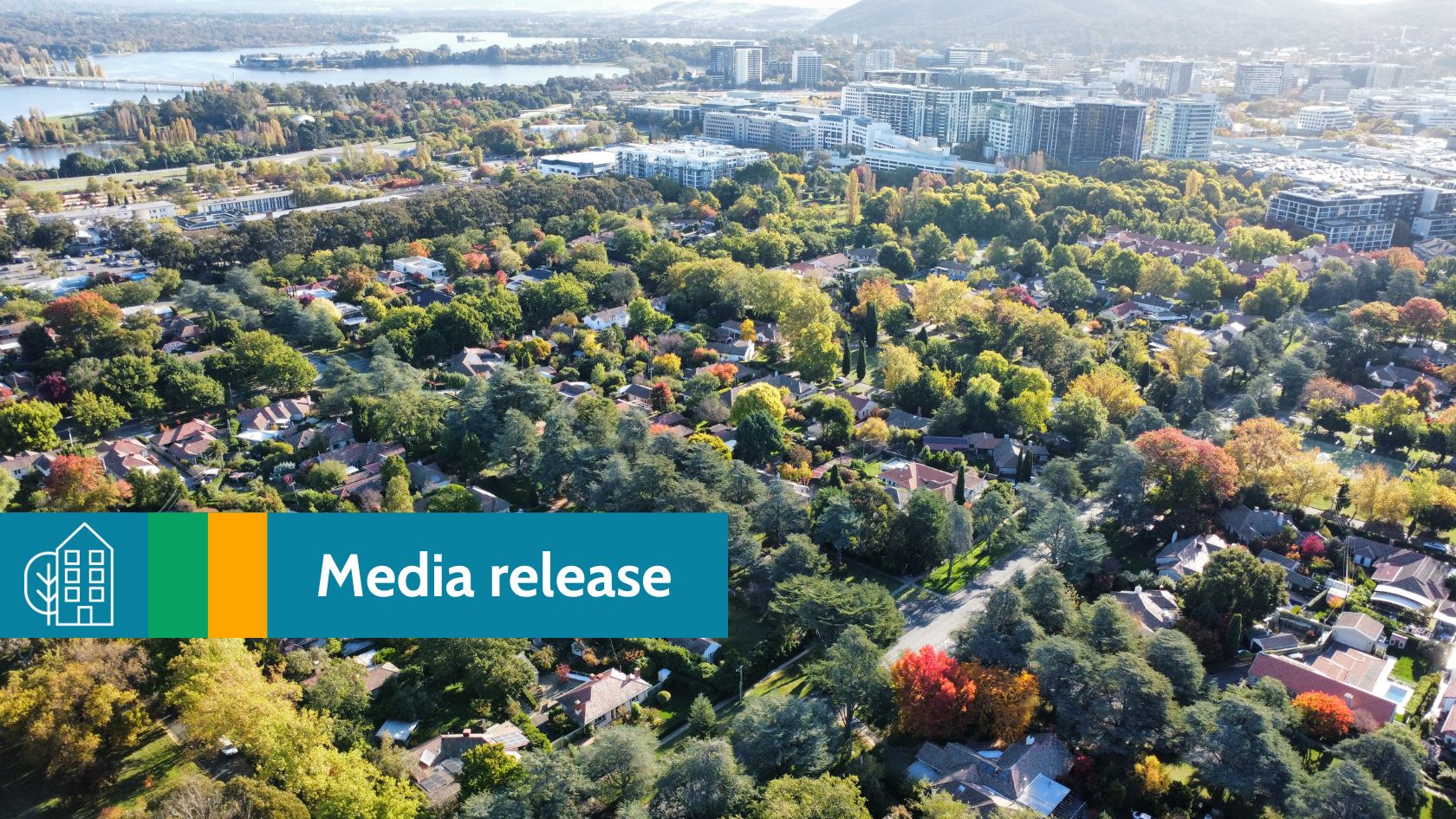Today the ACT Government opened public consultation on its newly-announced Missing Middle reforms. These reforms will legalise medium-density housing types including townhouses, duplexes, and low-rise apartments across Canberra.
These reforms are a welcome step towards modernising Canberra’s planning system. By allowing more diverse housing forms, the government is at last opening the door to well-designed, sensitive infill in our suburbs - an important lever in addressing Canberra’s housing crisis.
We emphatically endorse the proposed reforms, as they are a major step towards boosting density and removing barriers to building sustainable, walkable, well-connected neighbourhoods. These changes will make Canberra a better place to live, and provide the housing supply and choice that our city so urgently requires. Without these reforms, more and more Canberrans will be pushed out of our city, while longer commutes will mean more congestion and more emissions.
These proposals are the most impactful reform of Canberra’s planning system in a generation, enabling gentle density across the RZ1 and RZ2 zones that collectively make up nearly 90% of Canberra’s residential land. Across the city’s ~115,000 RZ1 and RZ2 blocks, these reforms could enable hundreds of thousands of new homes to be built over the coming decades.
We can accomplish this without sacrificing green space - whether in our existing suburbs or at our city’s edge - by allowing Canberrans to use their land more effectively for duplexes, townhouses, terraces, and low-rise apartments, rather than building a single large “McMansion”. This will be achieved without significant changes to the height or site coverage of buildings in RZ1 areas, or any substantial impact upon the suburban streetscape.
Auckland adopted similar reforms in 2016, and has seen a surge in housing supply and lower housing cost growth than the rest of New Zealand in the decade since. The RBA has found that a 1% of increase in housing supply decreases housing costs (including rent) by 2.5%. All the academic evidence points to simple, broad zoning reform like this as the most effective tool to make housing more affordable, while also decreasing commuting times, reducing emissions and revitalising local shops.
Canberrans have consistently ranked housing, the cost of living crisis and the environment as vitally important issues. At the 2024 ACT election, Canberrans overwhelmingly voted for planning system reform to unlock Missing Middle housing. While this proposal represents a key Labor election commitment, the Greens similarly called for major Missing Middle reforms, and the Canberra Liberals and Thomas Emerson also proposed significant changes to enable Missing Middle housing. We look forward to constructive engagement on these reforms from all parties and from across the community.
In February 2023, Greater Canberra joined with 15 other Canberra community and industry groups to form Missing Middle Canberra, a coalition calling for this exact kind of common sense, farsighted reform to our zoning rules. This reform is in large part due to the combined advocacy efforts of our Missing Middle Canberra partners, and we look forward to continuing to work with them to create a more liveable, sustainable and affordable Canberra.
We will be making a detailed submission to this consultation, outlining how each of these reforms will unlock a greater quantity and quality of housing in our city. The consultation is open to all Canberrans until 22 July. For all Canberrans who support a more affordable, sustainable and liveable Canberra, this consultation process is an excellent opportunity to have your voice heard.
The above statement is attributable to Howard Maclean, Convenor, Greater Canberra.
Media enquiries: Please contact us at [email protected].
About Greater Canberra
Greater Canberra is a community advocacy group committed to affordable and high-quality housing in Canberra. We believe in a future where housing is abundant, and where everyone can enjoy a more sustainable and liveable city. For more information, see https://greatercanberra.org.
